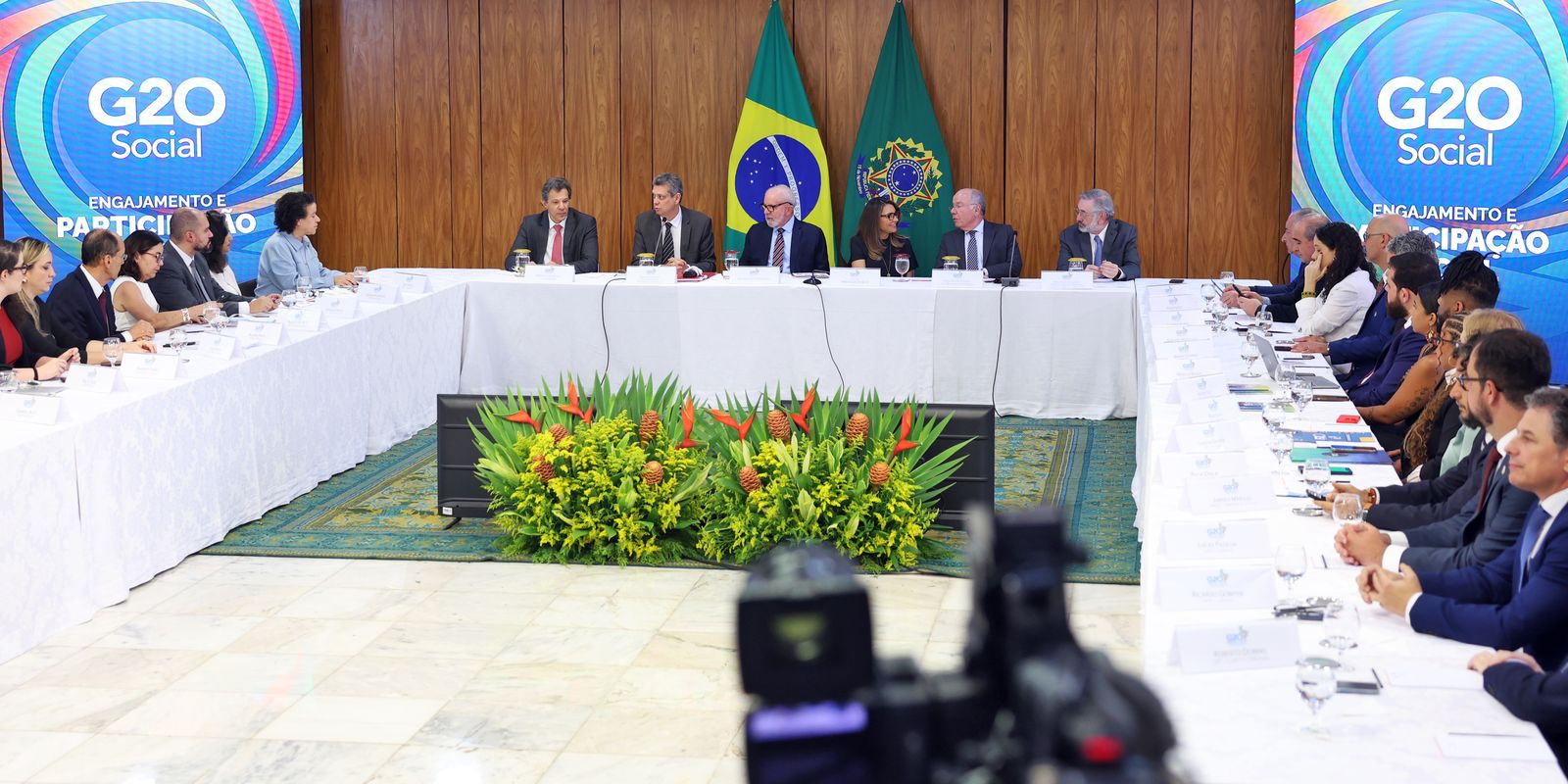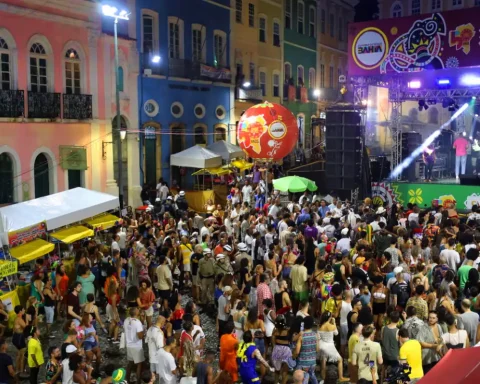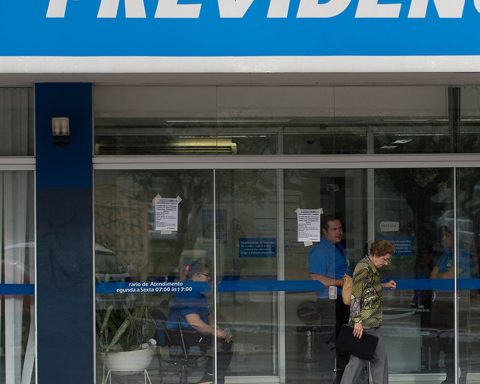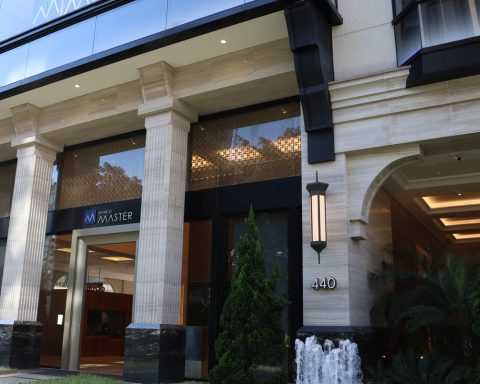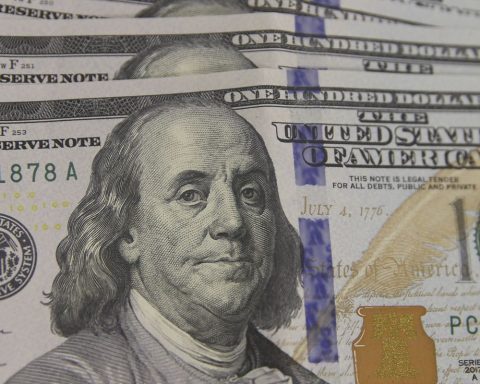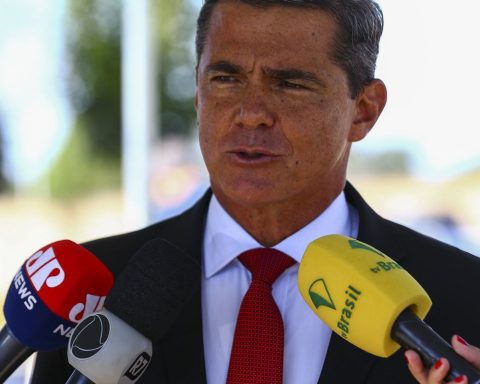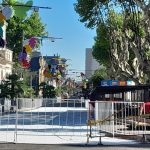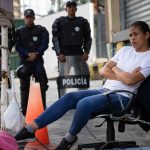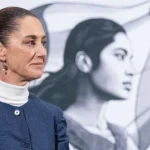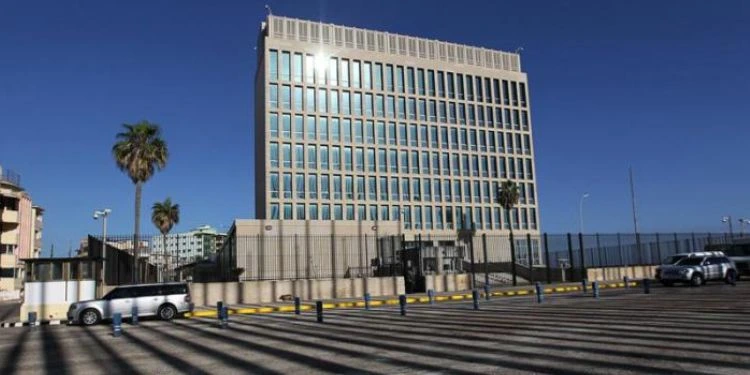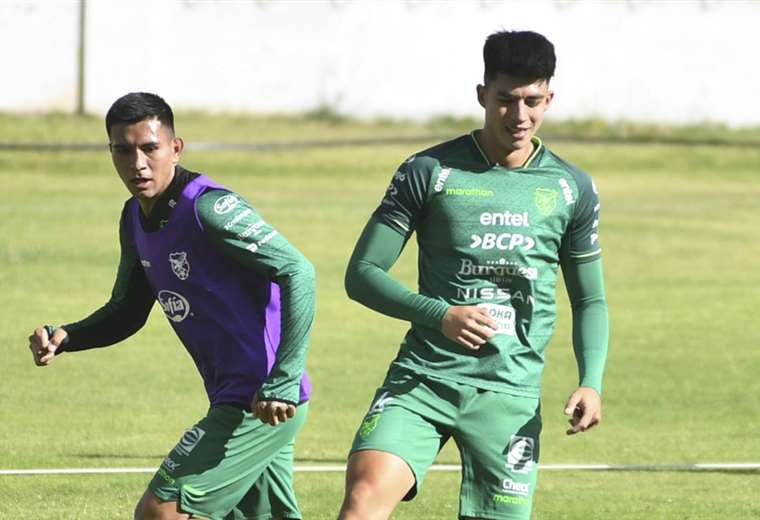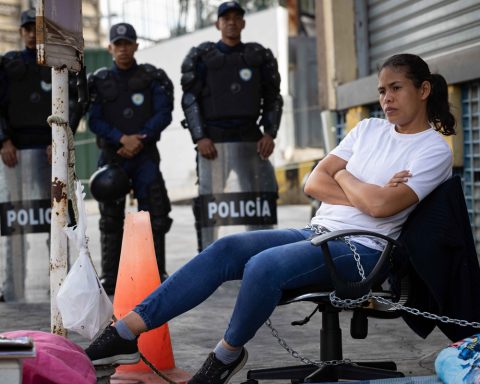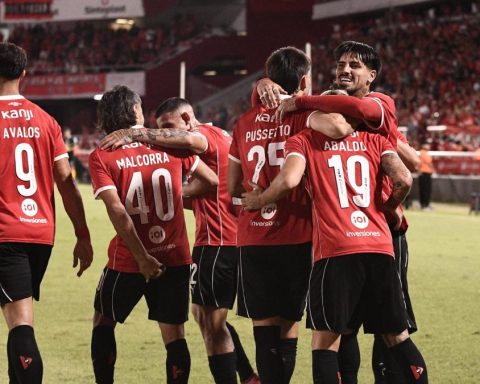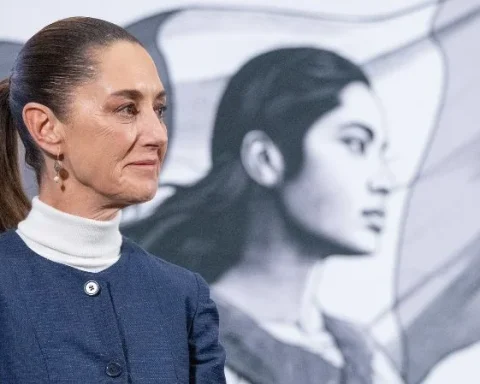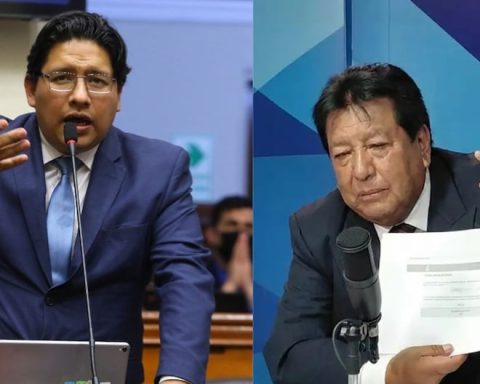President Luiz Inácio Lula da Silva stated this Monday (11), when meeting with representatives of the G20 engagement groups, at Palácio do Planalto, that he will take directly to the heads of state who will come to the Leaders’ Summit, in On the 18th and 19th of this month, the proposal books approved by each of the 13 independent official segments, in addition to two more segments incorporated by the Brazilian presidency (G20 Favelas and F20), both dealing with the realities of the peripheries of Brazil and the world. 
“Day to listen to and receive contributions from G20 Engagement Groups. The list is long, but it’s worth mentioning: civil society groups, think tanksyouth, women, work, science, startupsoceans, businessparliaments, audit courts, supreme courts, cities and favelas. All focused on bringing solutions to everyday problems for people and the planet, with the eyes of experts and the population. It is through dialogue that we will build concrete improvements for the future”, declared the president in a post on social media to publicize the meeting.
The G20 is the main forum for international economic cooperation, made up of 19 countries (South Africa, Germany, Saudi Arabia, Argentina, Australia, Brazil, Canada, China, South Korea, the United States, France, India, Indonesia, Italy, Japan, Mexico, United Kingdom, Russia and Turkey) and two regional bodies: the African Union and the European Union.
G20 members represent around 85% of global Gross Domestic Product (GDP), more than 75% of world trade and around two-thirds of the planet’s population. The bloc’s rotating presidency, coordinated by Brazil since the end of last year, ends with the holding of the summit of heads of state and government, which will be held in Rio de Janeiro. Most of the leaders of these countries are confirmed to be present at the meeting.
Social summit
Before the main event, however, the G20 Social Summit will be held, an unprecedented initiative by the Brazilian government. Between November 14th and 16th, around 270 self-managed activities are planned. The activities will be carried out in the so-called G20 Social Territory, an area that encompasses the entire Praça Mauá region, in the center of Rio de Janeiro. Topics such as environmental justice, health equity, combating racism and colonialism, LGBTQIAPN+ rights, equal pay, maintaining cultural points and defending public service are among the planned activities.
“The G20 is made up of two tracks, the geopolitical track and the economic track and, in practice, President Lula created a third track, which is the G20 Social, enhancing the work of engagement groups and opening space for civil society organization from around the world can contribute to the public policies that will be presented to the head of the State”, highlighted the Minister of the General Secretariat of the Presidency, Márcio Macêdo. “President Lula has just made a commitment to him, he will be an ambassador for this annex booklet that will accompany the G20 Social summary document”, he added.
The three central themes that the government adopted in the G20 presidency this year are: tackling climate change and sustainable energy transition, combating poverty and hunger and reform of multilateral organizations and new global governance. In addition to discussing these topics, the engagement groups develop specific proposals for each area of activity.
“The leaders [mundiais] they will discuss agendas about our lives, about our interests. So, this meeting here with President Lula is also good to demarcate this commitment that, once the G20 tarp is down, life goes on and so does the fight. And we will continue moving so that everything that has been decided, we will monitor so that world leaders can put it into practice. He [Lula] committed to delivering these documents to the heads of state who come to Brazil and we hope that we can write a new page that is the favela on the map of the global debate”, said Preto Zezé, global president of Central Única das Favelas (Cufa) , representing the G20 Favelas.
Leader of W20, the engagement group focused on women’s rights, Ana Fontes explained that the segment, which currently has 120 international representatives, approved a succinct list of five major demands, including combating violence, equal pay, among others, and the goal is for them to be incorporated into the final declaration of heads of state at the G20.
“We talk about how important it is for us to look at the issue of women, including combating inequality, because in our world those who suffer most from inequalities are women and black people. We count on President Lula and the negotiators to ensure that this agenda is included in the final document and then we can, in fact, move towards a fairer and more inclusive society, which involves not leaving 52% of the world’s population behind, which are women”, he noted.
The G20 Social Summit foresees that, on November 16th, the final plenary will take place to hand over the document to presidents Lula and Cyril Ramaphosa, of South Africa, who will assume the presidency of the G20 in 2025.
During the nights of the three-day event, the Global Alliance Against Hunger and Poverty Festival is also planned, with national music names. You shows They are free and also take place in Praça Mauá.
